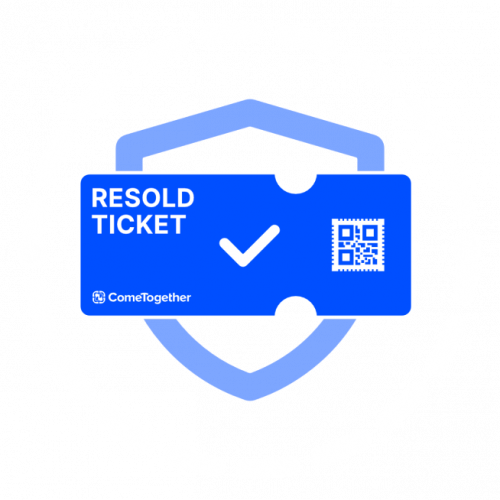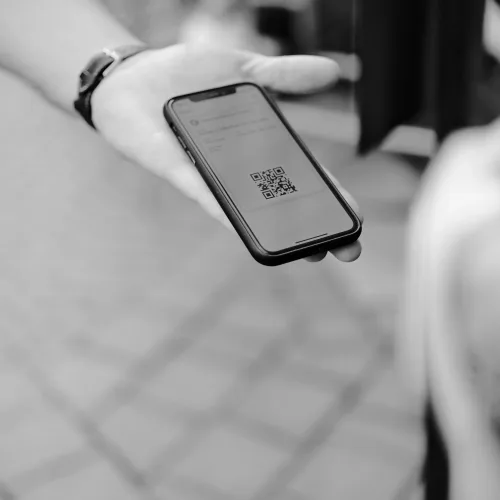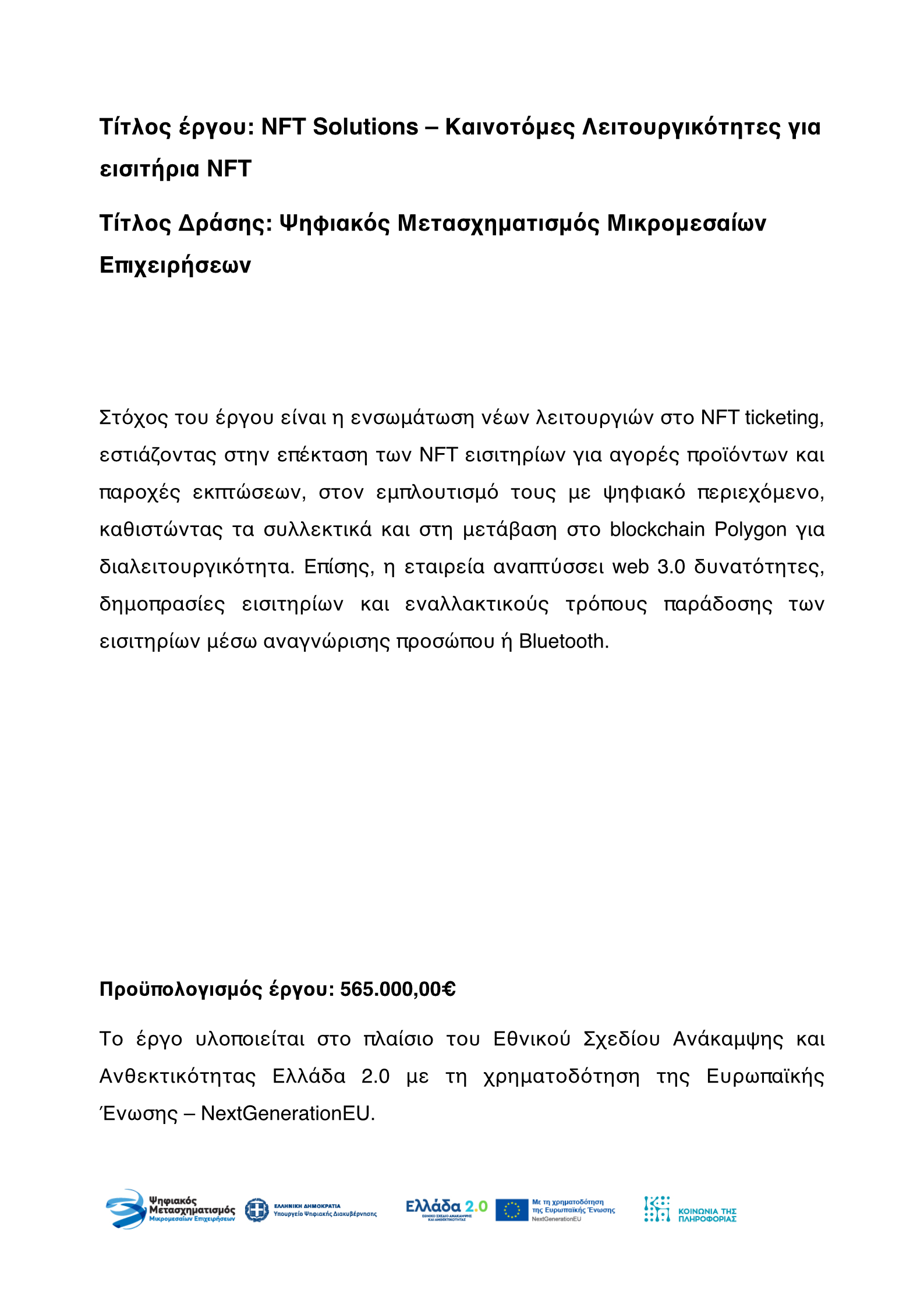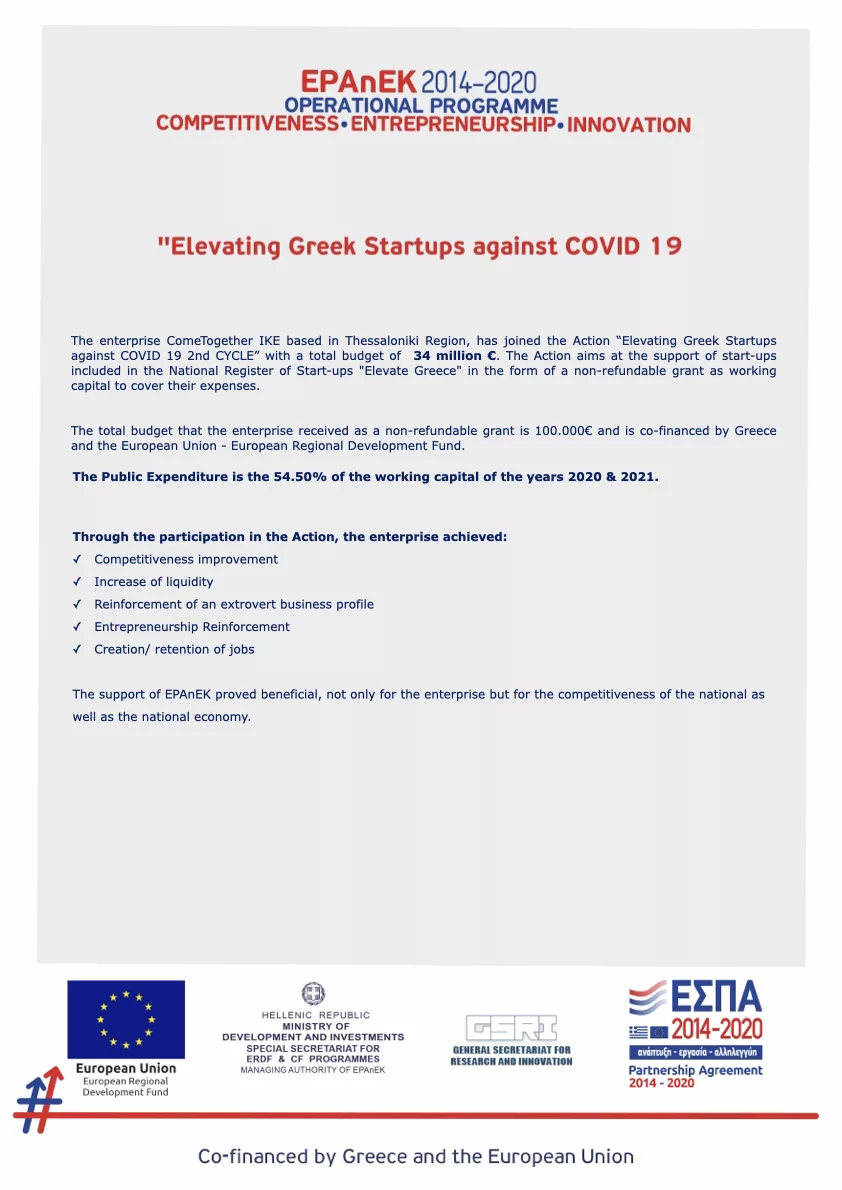Ticket scalping, also known as ticket reselling, is the practice of buying tickets to events—such as concerts, sports games, or theater performances—and then reselling them at a higher price. This activity has been around for decades and is both a physical and digital phenomenon. Scalpers, or individuals who engage in this practice, typically aim to take advantage of high demand and limited supply, turning a profit by reselling tickets at marked-up prices.
What Is Ticket Scalping and How Does It Work?

Table of Contents
– Definition of Ticket Scalping
The Process of Ticket Scalping
– In-Person Scalping
– Online Scalping
The Role of Technology in Scalping
– Use of Bots by Scalpers
– Legal Status of Ticket Scalping
– Ethical Issues with Ticket Scalping
The Process of Ticket Scalping

The basic premise of ticket scalping is simple: the scalper buys a ticket for an event, usually at face value, and then sells it to someone else at a price that is higher than the original purchase price. In doing so, scalpers exploit situations where tickets are hard to come by, often for popular events or when tickets sell out quickly. They target fans who are desperate to attend but were unable to purchase tickets through official channels.
Ticket scalping occurs in two primary forms: in-person and online.
In-Person Scalping: This is the traditional form of scalping, where individuals stand outside venues selling tickets to passersby. It’s common to see this happen outside sports arenas, concert halls, or theaters just before an event begins. The scalper approaches potential buyers, offering tickets that are either sold out or hard to get, but at a premium price. In some places, this practice is illegal, and scalpers risk fines or arrest.
Online Scalping: With the rise of the internet, scalping has increasingly moved to online platforms. Scalpers use resale websites like StubHub, Viagogo, or even social media platforms to sell tickets. These platforms allow individuals to sell tickets directly to buyers, often at whatever price the seller deems acceptable. Online ticket scalping is more widespread and harder to regulate, given the anonymity and reach of the internet.
The Role of Technology in Scalping

Technology has changed the scalping landscape, making it more sophisticated. Scalpers often use bots—automated programs that can buy tickets en masse the moment they become available. Bots allow scalpers to buy up large quantities of tickets from official sellers within seconds, making it nearly impossible for regular customers to purchase tickets at face value.
Once scalpers have secured these tickets, they resell them at a significantly higher price. The use of bots has led to numerous complaints from fans and event organizers, as it inflates the secondary market and makes tickets more expensive for the average consumer.
.
Legal and Ethical Concerns
Ticket scalping exists in a legal grey area in many countries. While some jurisdictions have outright bans on scalping, others regulate it by imposing certain limits, such as capping the resale price. For example, in some places, it’s illegal to sell a ticket for more than a certain percentage above its face value.
From an ethical standpoint, many argue that scalping exploits fans by inflating prices beyond what is reasonable, especially for highly anticipated events. Scalpers are seen as capitalizing on the emotional investment of fans who are willing to pay exorbitant amounts to attend events. In response to these concerns, some governments and event organizers have taken steps to limit scalping, such as implementing anti-bot laws and offering fan-to-fan exchanges where tickets are sold at or near face value.
Ticket scalping is a profitable but controversial practice that thrives on the imbalance between supply and demand. While technology has made it easier for scalpers to buy and sell tickets, it has also prompted efforts to combat the practice. As long as popular events continue to generate significant demand, ticket scalping will remain a contentious issue in the world of live entertainment.
FAQs
What is ticket scalping?
Ticket scalping is the practice of purchasing tickets to events and reselling them at a higher price, often to exploit high demand and limited ticket availability. Scalpers make a profit by selling tickets at marked-up prices, especially for popular events.
How does ticket scalping work?
Scalpers buy tickets at face value or from official sources and then resell them at inflated prices. This can occur in-person, such as outside venues, or online, using resale platforms like StubHub, Viagogo, or social media.
What is the difference between in-person and online scalping?
In-person scalping occurs outside event venues where scalpers physically sell tickets to people attending the event. Online scalping involves using websites and platforms to list tickets for resale, often reaching a wider audience and commanding higher prices.
How has technology impacted ticket scalping?
Technology has enabled scalpers to use bots—automated programs that quickly purchase large numbers of tickets as soon as they become available. This makes it difficult for regular buyers to get tickets at face value, pushing them to the secondary market where prices are often inflated.
Is ticket scalping illegal?
The legality of ticket scalping varies by region. Some places have laws that ban or regulate scalping, such as capping resale prices or limiting the use of bots. In other places, scalping is allowed but closely monitored.
What are bots, and how do they affect ticket scalping?
Bots are automated software tools that can buy large quantities of tickets within seconds of their release. Scalpers use them to acquire tickets before regular consumers can, leading to rapid sellouts and forcing fans to buy tickets at higher prices on resale platforms.
Why is ticket scalping controversial?
Scalping is controversial because it often results in inflated ticket prices, which can be unaffordable for average fans. It is seen as unfair since scalpers profit by exploiting the emotional and financial investment of people who genuinely want to attend events.
What are governments and event organizers doing to combat scalping?
To combat scalping, some governments have introduced anti-bot laws, while event organizers offer fan-to-fan ticket exchanges at face value. These measures aim to make tickets more accessible to regular buyers and curb the inflated prices seen on the secondary market.
Are there any legal restrictions on how much scalpers can charge for tickets?
In some areas, scalpers are limited in how much they can mark up ticket prices. For instance, laws may restrict scalping prices to a certain percentage above the ticket’s face value to prevent extreme profiteering.
Is buying from a scalper safe?
Buying from a scalper can be risky, especially if done outside official channels. There’s a chance of purchasing counterfeit or invalid tickets, leading to denied entry. It’s generally safer to buy through official resale platforms that verify tickets.

















